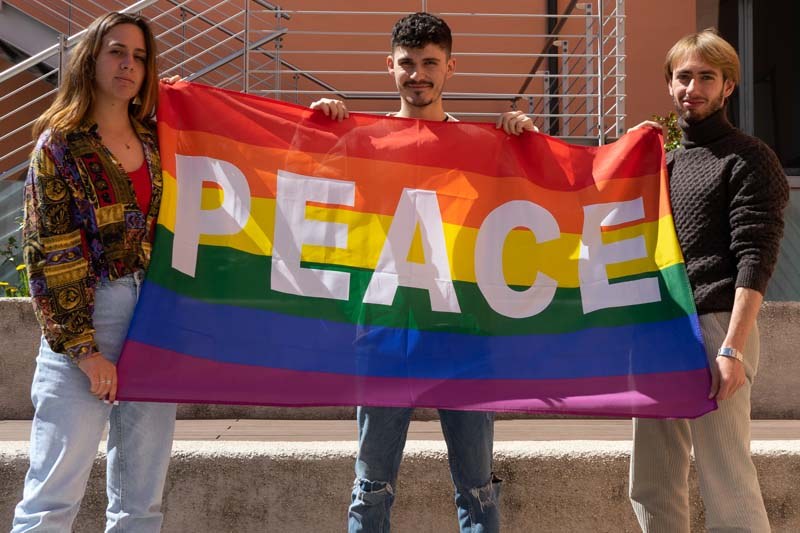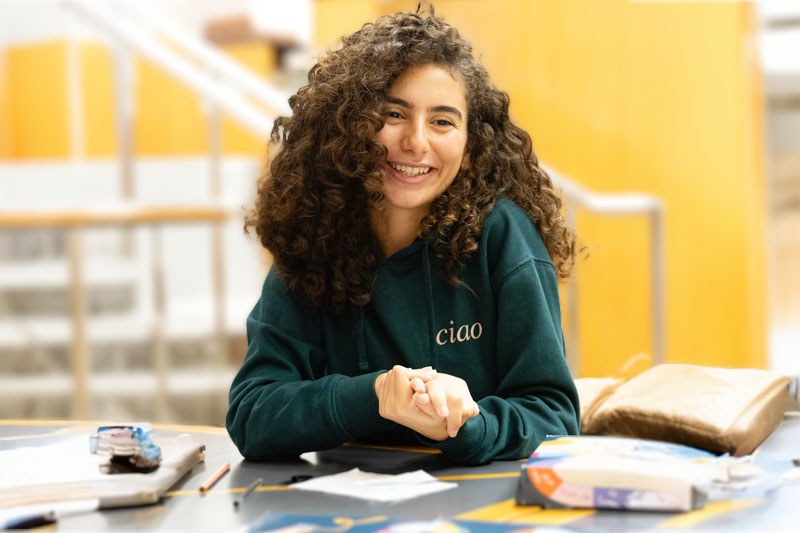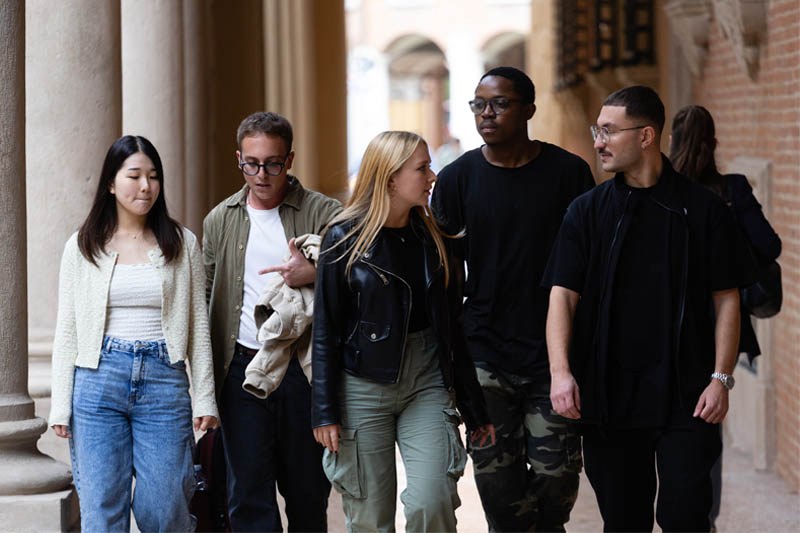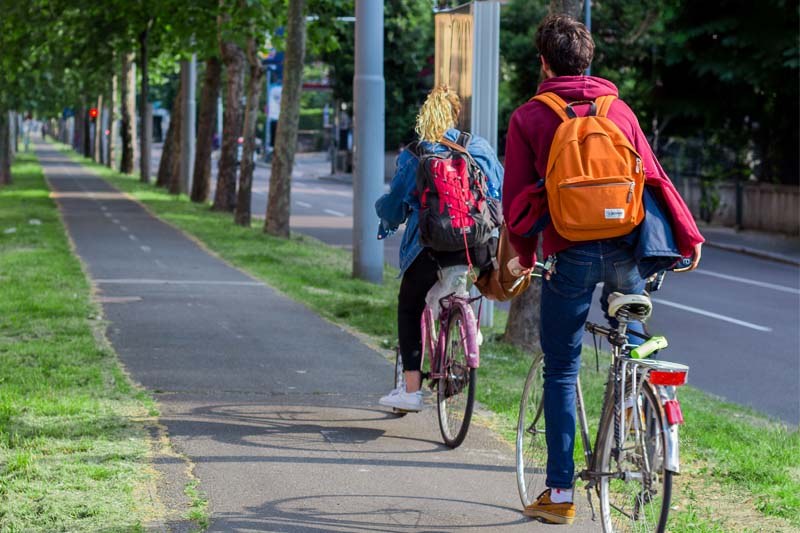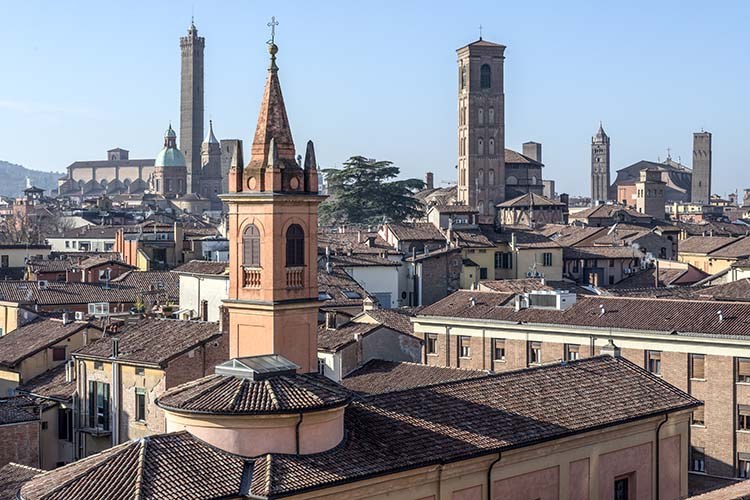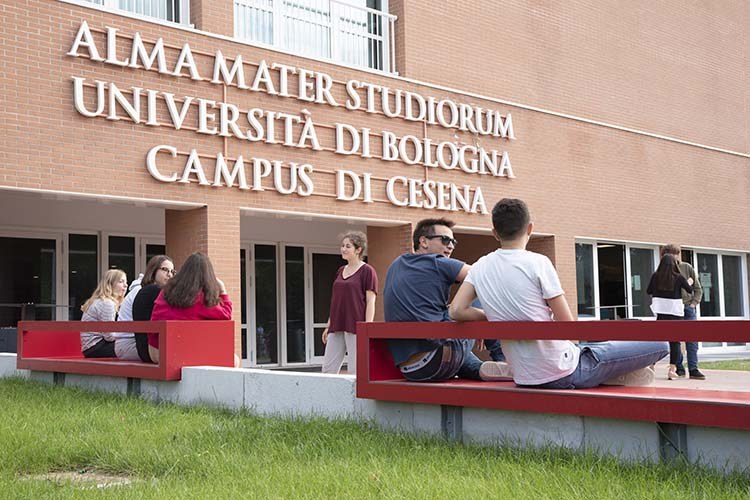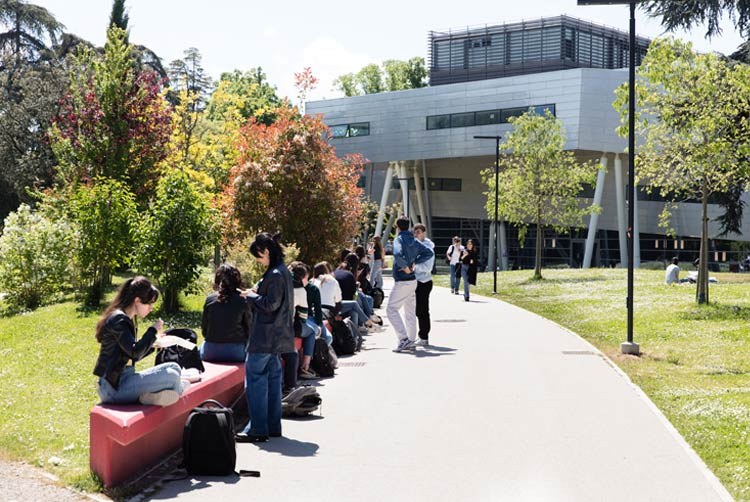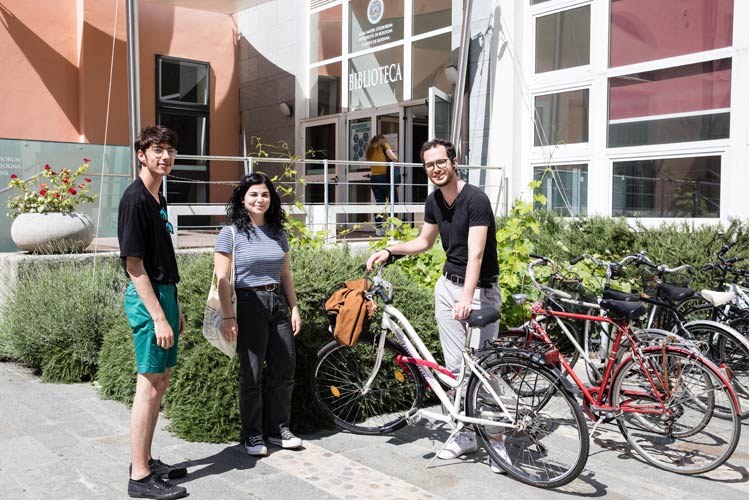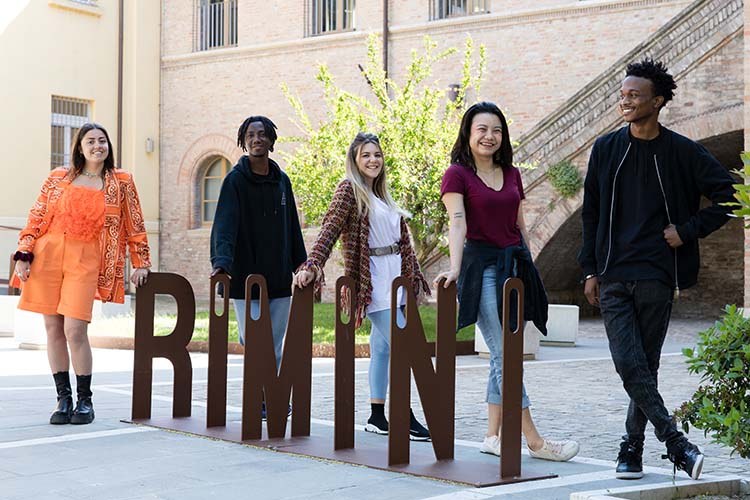Home page
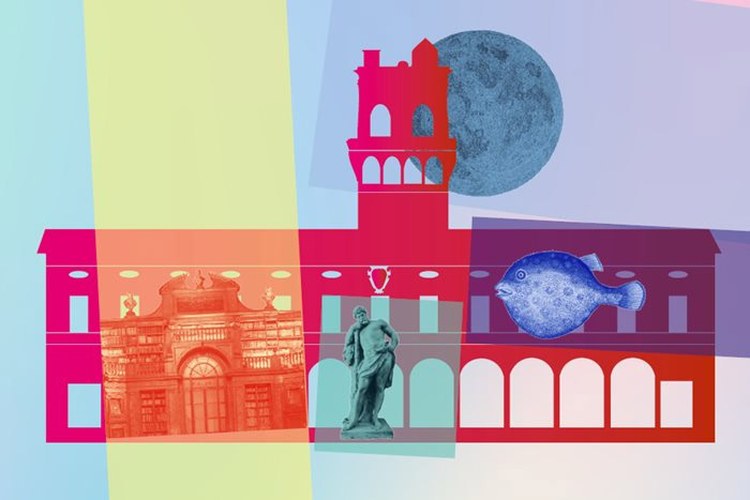
New Exhibition Routes of the Museums of Palazzo Poggi
A new display that enhances spaces and collections to encourage encounters between people, knowledge, and history.

Places of Knowledge and Art
The spaces of the university’s cultural heritage that house museums, libraries, and archives.
Highlights

From Earth to the Cosmos: the University Unveils New Pathways of Science
The renewed exhibition layouts of the Specola Museum and the Museum of Palazzo Poggi– now directly connected to the University Library – together with a new multimedia room on the history of the University of Bologna, return a centuries-old narrative to the community and strengthen the bond between the University and the local area.

The stories hidden in the ancient fragments of tattooed skin
The analysis of the ancient artefacts preserved in the “Luigi Cattaneo” Anatomical Wax Collection of the University of Bologna has revealed a new perspective on the material and symbolic culture of the 19th century, including religious motifs and themes of a personal, amorous and erotic nature.

The University of Bologna's 2026-2028 Budget Plan
Despite a context of resources not aligned with the growth of recent years, the University remains committed to maintaining and improving quality and performance across all areas: teaching, research, student services, third mission and operations.
Voices, stories, ideas
"Something's good if you're sharing it with someone else!"
Ceylin, international students from Turkey
"Finding a community in Bologna was a very easy process."
Federico, international student from Argentina

What do you like best about your life here?
Aiswarya, who won a scholarship for international students, tells us about it.
From research to society

Why some people keep making the wrong choices
People who are guided mainly by predictive cues risk making ineffective decisions even when experience shows there are better alternatives. This is the mechanism highlighted by a study conducted at the University of Bologna’s Centre for Cognitive Neuroscience (Cesena Campus).

Social economy and inclusive microfinance: Fin4Good’s innovative pathway
The new Erasmus+ project, coordinated by the University of Bologna, will develop new tools to train professionals who can combine economic expertise with social awareness.

The last common ancestor of Homo Sapiens, Neanderthals and Denisovans
Some fossil remains discovered near Casablanca, dating back to around 773,000 years ago, may belong to an African population that lies at the base of the evolutionary trajectory from which the most recent human species, including our own, originated.

